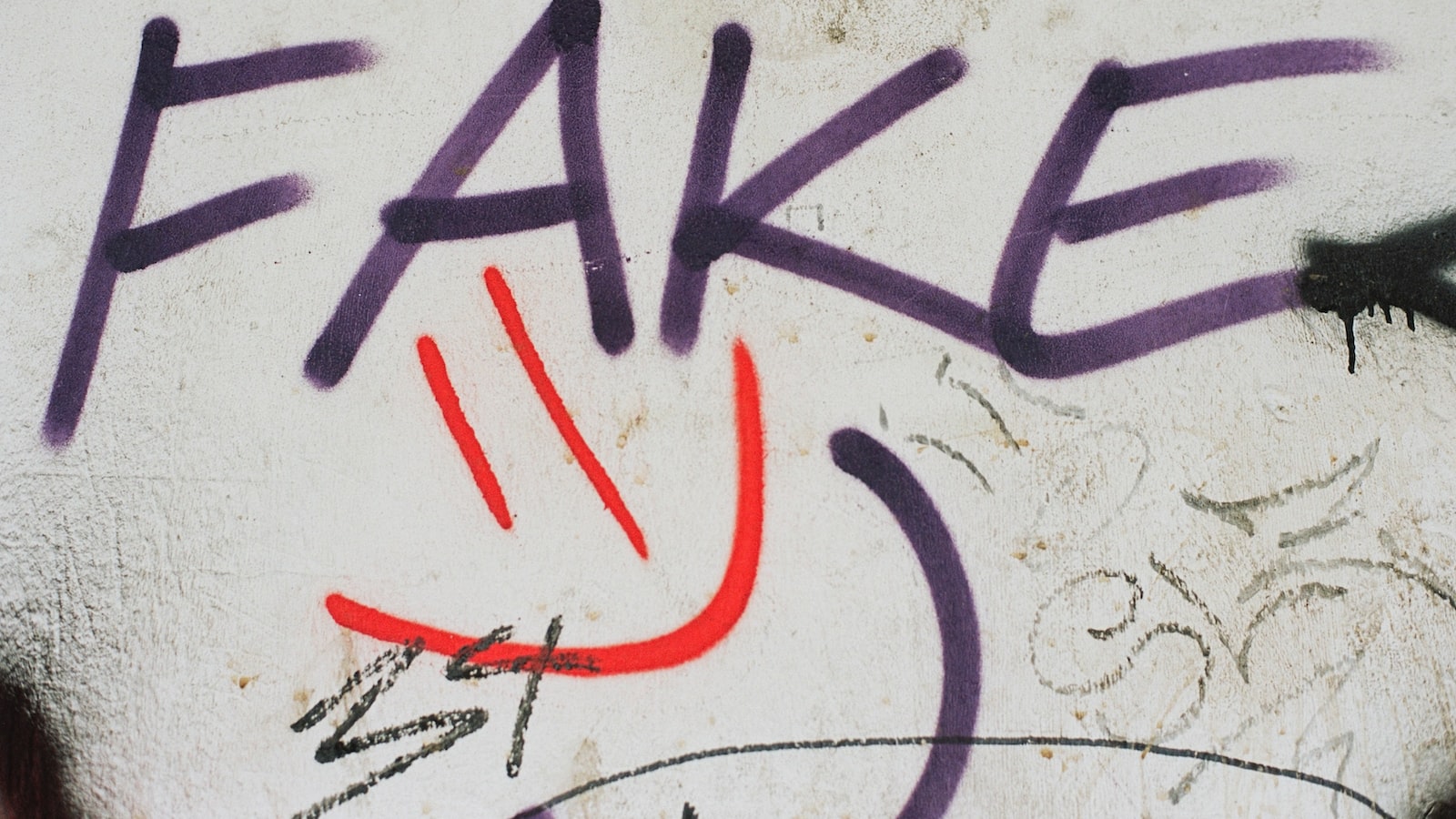The rise of artificial intelligence (AI) technology has created a range of new possibilities for how people interact with computers and machines. But one particular development has been making waves in the media: AI voice simulators, which allow users to create convincing simulations of real human voices. While these simulators can be used for entertainment and educational purposes, they present a worrying ethical question: are they vulnerable to being abused to create deepfakes?
Recently, researchers at the University of Washington have found that AI voice simulators are easily being abused to create deepfakes of celebrities spouting racism and homophobia. By using publicly available audio samples, they were able to create convincing simulations of John Legend and Barack Obama. The researchers also found that they could manipulate the simulated audio to match various emotional states and even change the accent to something completely different.
These findings raise a troubling ethical question: should AI voice simulators be used responsibly and with safeguards to ensure their credibility, or should they be restricted in order to protect the public and protect the reputation of celebrities?
On the one hand, AI voice simulators are powerful tools which open up a range of possibilities for educational videos, learning and teaching aids, and even for entertainment purposes. They can also be used to test voice recognition software or develop emotion recognition systems. On the other hand, if left unchecked, they can be misused to fuel malicious and damaging deepfakes.
Furthermore, even if safeguards are implemented, deepfakes created with AI voice simulators can still cause serious damage to the reputation of their subjects. This is especially true for celebrities and public figures who have already been subject to malicious attacks and misrepresentation. If a malicious deepfake featuring a celebrity goes viral on social media, there is little to be done to contain its effects.
Ultimately, it is important that AI voice simulators are used responsibly and with appropriate safeguards in place. For instance, they should only be used in accordance with a strict code of conduct, and special algorithms can be implemented to detect suspicious activity and protect the reputation of celebrities. If these measures are not taken, then AI voice simulators could be abused to deepfake celebrities spouting racism and homophobia and cause serious harm to those affected.
Hey Subscribe to our newsletter for more articles like this directly to your email.
